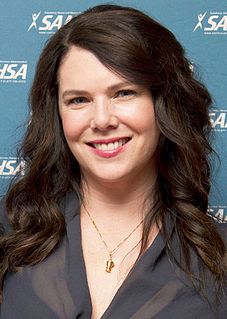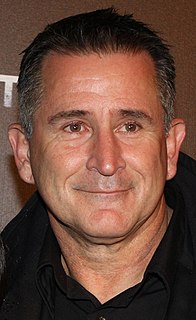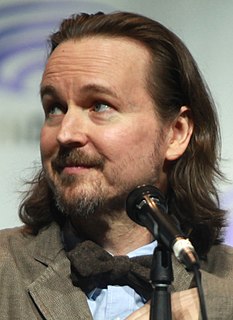A Quote by Lauren Graham
Some people think my father was a spy, because of working for that government agency in Vietnam, but he can't find his car keys, much less keep a national secret.
Related Quotes
Even murderers, I suppose, experience the loss of car keys the way the rest of us do. I mean, how can they not? Once you make this person scramble around the house looking for her car keys and finally find them, get in the car, and run into traffic, we can identify with her enough that when she stops the car and pulls the gun out of her purse and heads in to kill somebody, we'll be with her as much as is possible.
There's a thing when you're always working on something you really love, and this one we loved so much, it feels like you have a secret, and you can't wait to let people in on the secret. But at the same time, there's that moment where, "What if they get the secret and they think the secret is stupid?!"
It's part of a writer's profession, as it's part of a spy's profession, to prey on the community to which he's attached, to take away information - often in secret - and to translate that into intelligence for his masters, whether it's his readership or his spy masters. And I think that both professions are perhaps rather lonely.
Critical journalism has gone out of fashion, or rather, it has been bought out. And so, we have much less of it than we did during the Vietnam era, where there was very critical reporting on the Vietnam War and a lot of disagreement among the media. Now you find that the media are much more homogenous, converging because they all must cater to the same community of advertisers. It's sad to see.
What we've seen over the last decade is we've seen a departure from the traditional work of the National Security Agency. They've become sort of the national hacking agency, the national surveillance agency. And they've lost sight of the fact that everything they do is supposed to make us more secure as a nation and a society.
I think that the spirit of America is still very much one of where people want to work hard and the majority of people want to work hard. They want to be entrepreneurs. But when you have that all taken away with government regulation or with government overbearance of taxation, you start to wonder whether if it's even worthwhile because who are you really working for? Are you working for yourself, are you working for the government? In the end, this wealth distribution scheme that's at the heart of the current political administration is an inherently wrong one.
When my father finally got around to teaching me to drive, he was impressed at my "natural" talent for driving, not knowing that I had already been secretly driving my mother's car around the neighborhood. When I took the test and got my license and my father gave me my own set of keys to the car one night at dinner, it was a major rite of passage for him and my mother. Their perception of me had changed and was formally acknowledged. For me the occasion meant a private sanction to do in public what I had already been doing in secret.


































